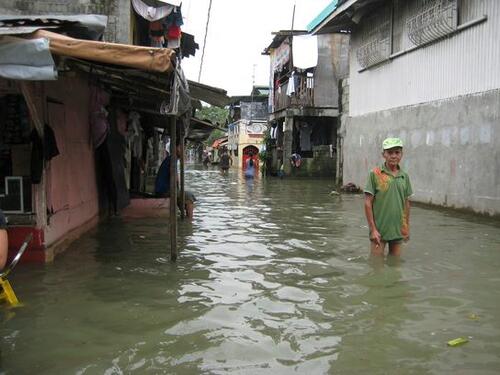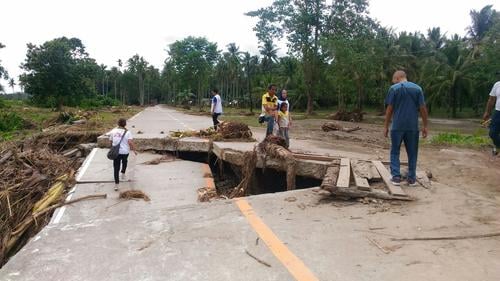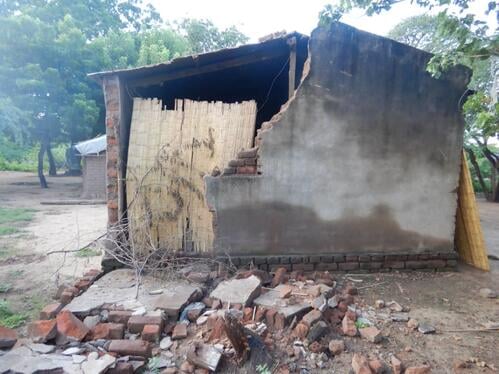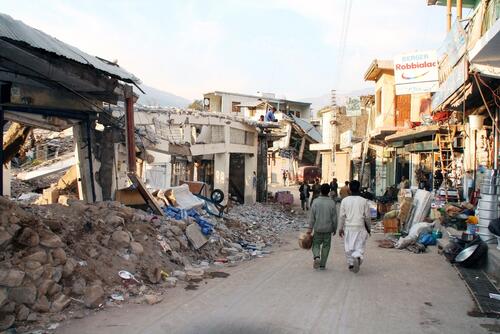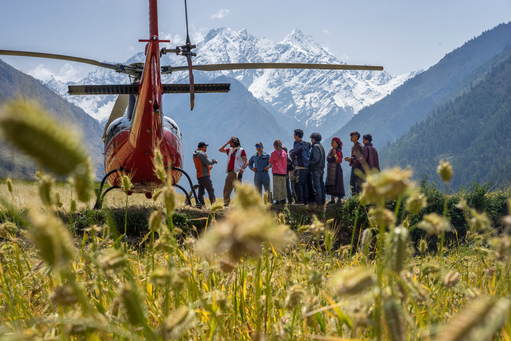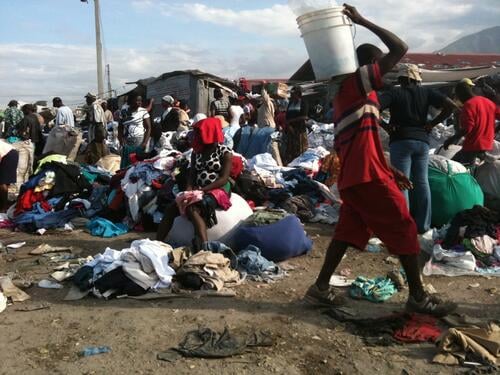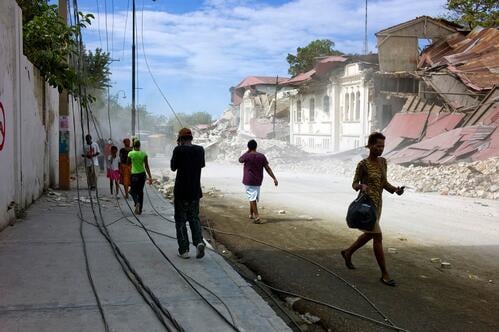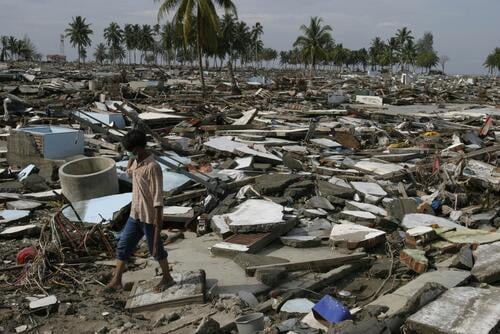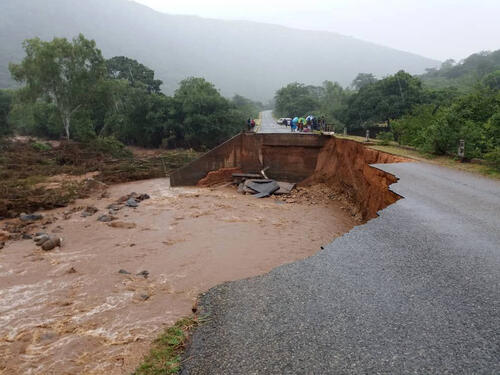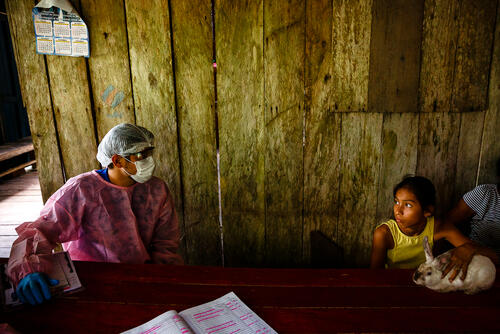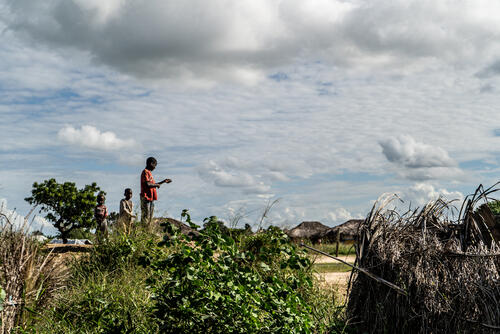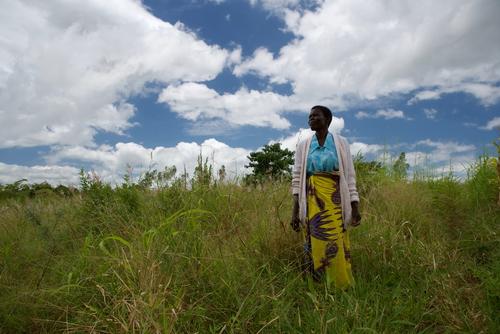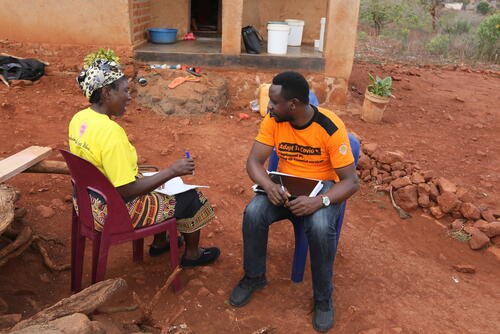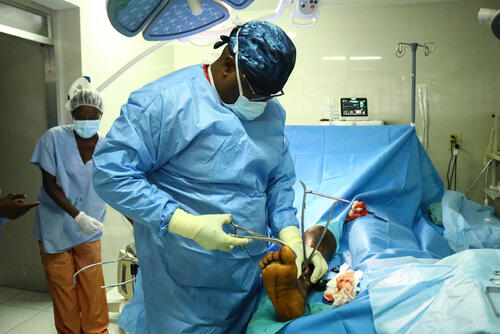Within a matter of minutes, natural hazards can affect the lives of tens of thousands of people. Hundreds or even thousands of people can be injured, homes and livelihoods destroyed. Access to clean water, healthcare services and transport can also be disrupted. The impact of each event varies greatly and our response must adapt to each situation.
Needs must be quickly identified, but accessing a disaster zone can be complex when roads are cut off. The first responders are people already on-site: community members, local authorities and aid organisations already present.
We keep pre-packaged kits to deploy for rapid relief and life-saving assistance. With projects in over 70 countries, we often have aid workers nearby when a disaster strikes. They can be reinforced with additional teams if a larger response is needed.
Featured

Adapting to changing needs one month after the Indonesian earthquake
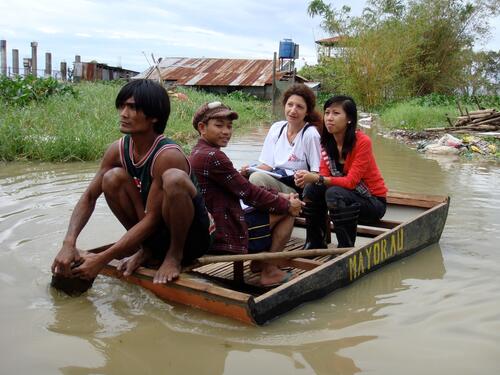
Struck twice by tropical storms, MSF works with the most vulnerable

The emergency phase is mostly over. We are now entering the recovery stage.

Flood waters in India recede but humanitarian needs remain
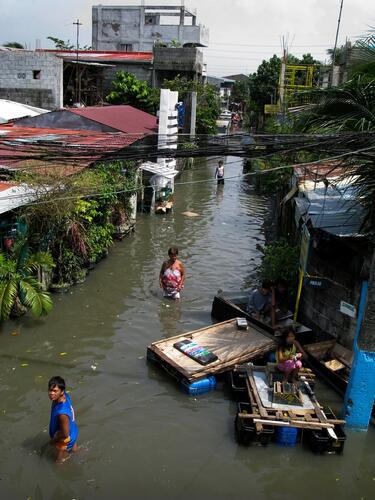
MSF mobiles teams providing emergency assistance in newly flooded area in the northern Philippines
